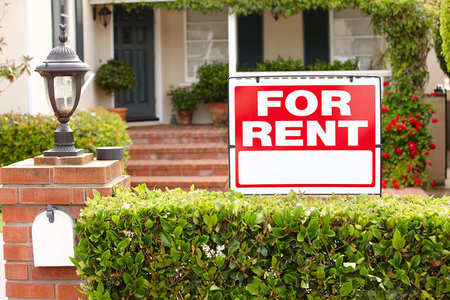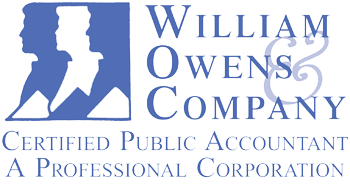
When you own real estate investment properties, there are a lot of tax benefits to be aware of. One of those is depreciation, and it can save you quite a bit of money on your tax bill. While you probably already take other deductions on your property, the depreciation benefit is an extra one that's separate from the other deductions. Thanks to depreciation, some real estate investors may pay little to no tax on the income they receive from their properties. But that doesn't mean depreciation is magic, or that there aren't any potential problems and pitfalls to consider. Here's what you need to know about depreciation.
What is Depreciation and Why Does it Matter?
Depreciation is a calculation based on acquiring a property that generates income. This calculation is figured over a number of years, and it's not quite the same as the depreciation that's seen on other, non-real-estate, assets. While you have money coming in from your investment, you also have costs and a "useful life" of the property. IT should last for a number of years, so you want to make sure the depreciation gets spread over all those years. You get a benefit from depreciation because it reduces the amount of rental income that's taxable each year. That can mean a very big break on what you'll pay to the IRS.
The land the building is sitting on can't be depreciated, but the building can be. Keep in mind you have to be careful to follow IRS rules about depreciation, though. For example, a commercial property is assumed to have a useful life of 39 years, while a residential property has a useful life of 27.5 years. If you have a four-unit residential property (a four-plex), and it's worth $450,000, you can take depreciation of $16,364 every year for 27.5 years. You arrive at that number by dividing the $450,000 by 27.5. But as a real estate investor, it's often easier to choose a good CPA and let them handle your tax calculations.
Do You Qualify for Depreciation?
You have to keep the property as an income-generating asset. You can't fix it and flip it, and then try to claim depreciation based on what you paid for it. First of all, you didn't keep the property. Second of all, you might have actually made money on the sale of it, but you aren't going to make any money on a yearly basis since you don't own the property anymore. Even when you keep ownership of the property, some of the things you do to the property to improve it won't count for depreciation, either. A new furnace has a useful life of over a year, so it counts. Lawn care doesn't, so it doesn't. Useful life of the improvement has to be one year or more.
Another very important consideration for depreciating a real estate rental property is the determination of a useful life. That could seem complicated, but it's one of the things the IRS has made easy. By setting rules for how long a "useful life" is when it comes to real estate, the IRS has essentially said that certain properties "live" for certain periods of time, after which depreciation is no longer possible. If you buy a commercial property as an investment and hold it for 40 years, for example, that 40th year (and anything beyond it) wouldn't allow for any more depreciation. You would have, effectively, "used it up."
The best way to calculate the depreciation on your property is to let your CPA do it for you. Your CPA is experienced with all kinds of property depreciation, including real estate depreciation benefits. If you have any questions about depreciation, your CPA is your best resource.
Real Estate Related Property is Also Depreciable
Remember, it’s not just the property itself that can be depreciated when you own rental property. You can also depreciate related property, such as appliances, furnaces, central air conditioning units, carpeting and much more. In general, improvements to the property are depreciable, like a new roof, new front porch, new driveway, etc. But simple maintenance is not depreciable, like new paint, insulation or a new screen door. Those kinds of expenses are tax deductible, however.
Each of the related property depreciations will be calculated according to their useful life, as determined by the IRS. This can get complex, so this is another reason why you should rely on your CPA to take care of it on your behalf. All you need to do is remember to keep detailed records of all the purchases related to your real estate property.
What's the Bottom Line With Depreciation?
Real estate depreciation is an important part of your tax deduction options as an investor, but there can also be some gray areas that can lead to confusion. You can avoid all of that by hiring a good CPA and providing them with your property records and information. That way you'll be sure to get all the deductions you are legally entitled to, without accidentally claiming or mis-categorizing something that could cause a problem. Even honest mistakes can be problematic where the IRS is concerned, and it's often a "better safe than sorry" situation for any real estate investor. With a good CPA on your side, you won't have that risk to worry about.
